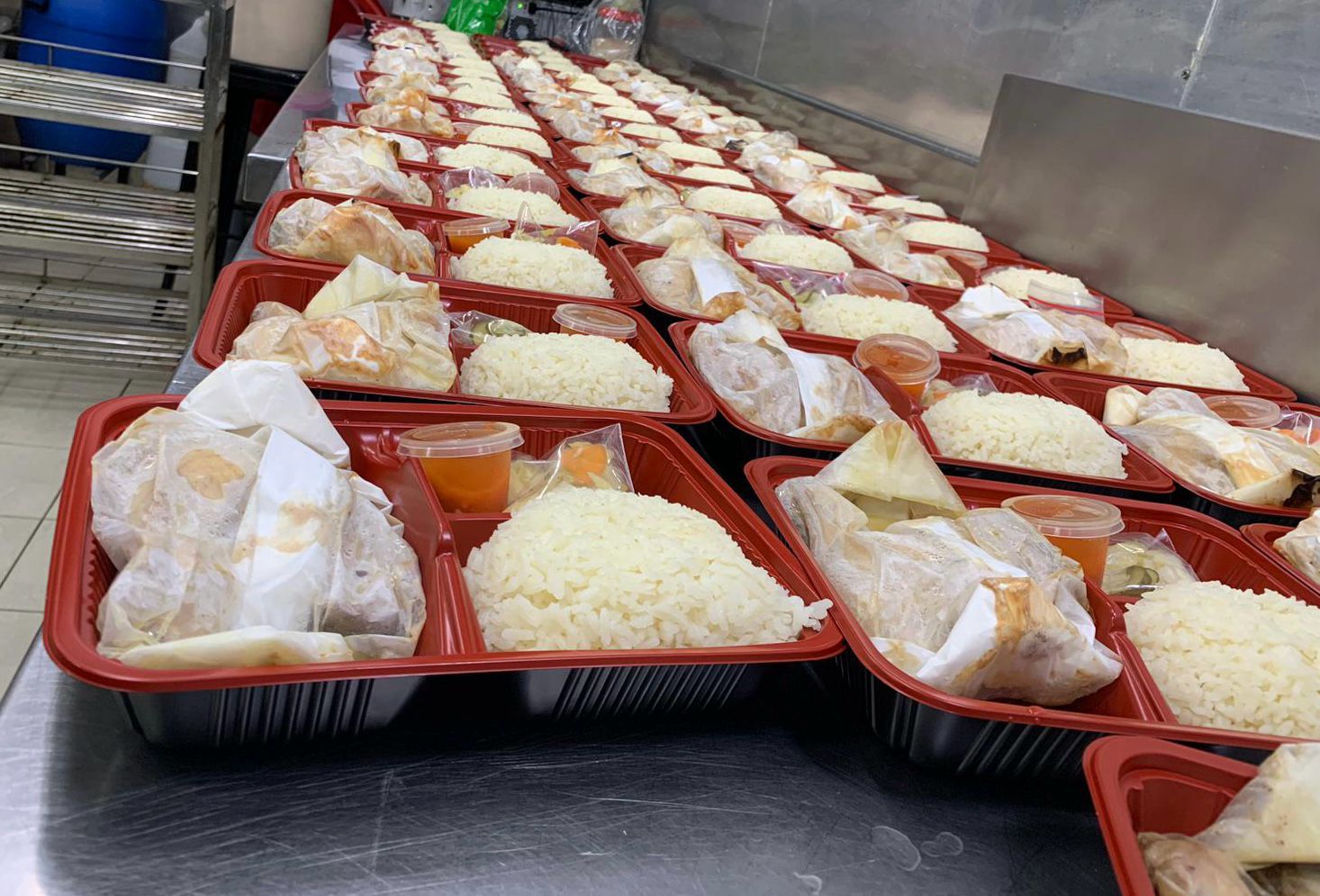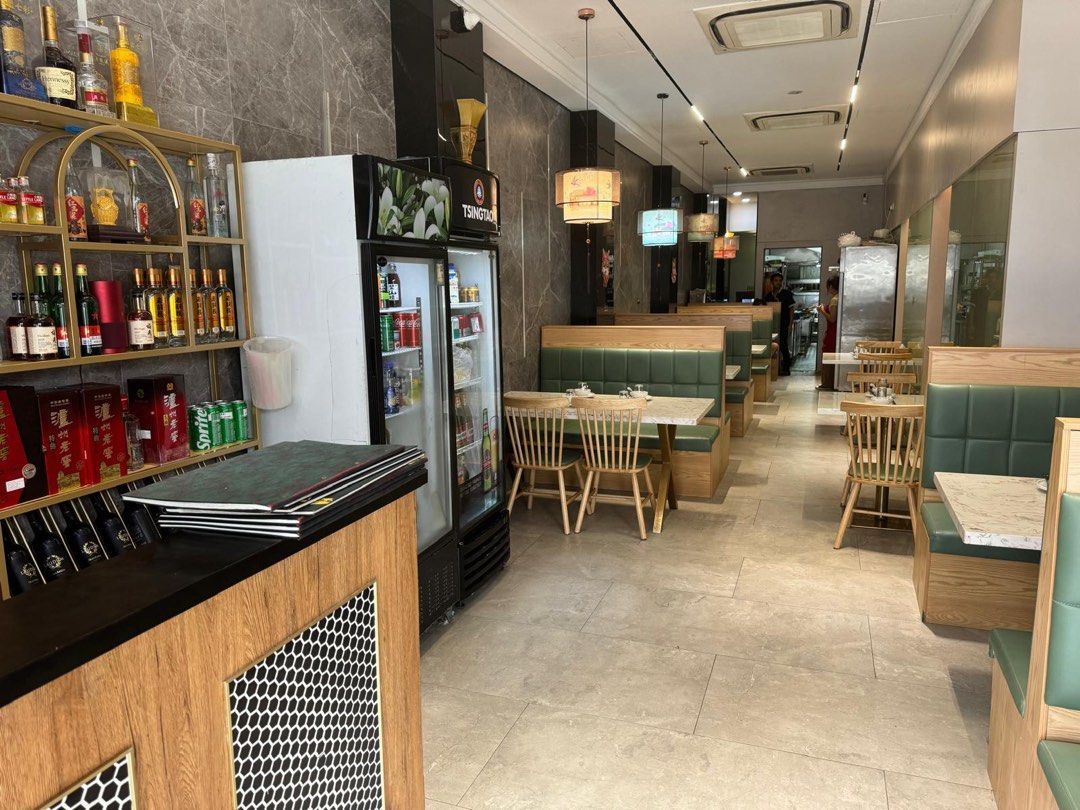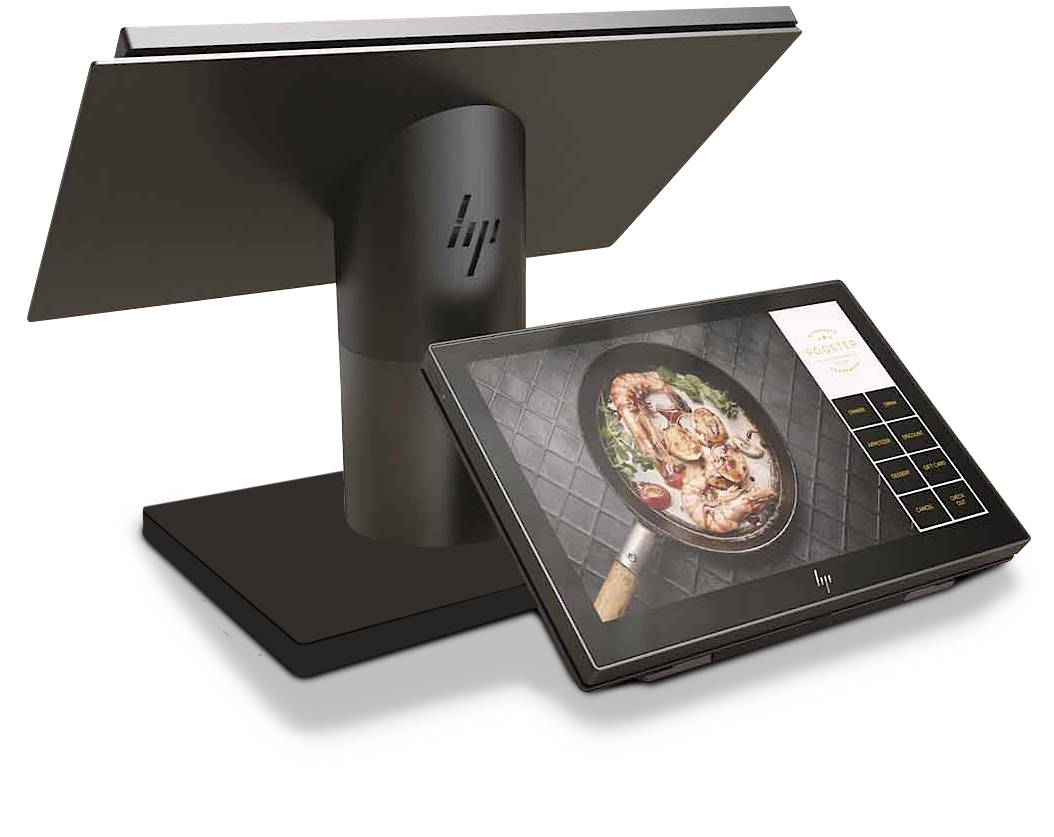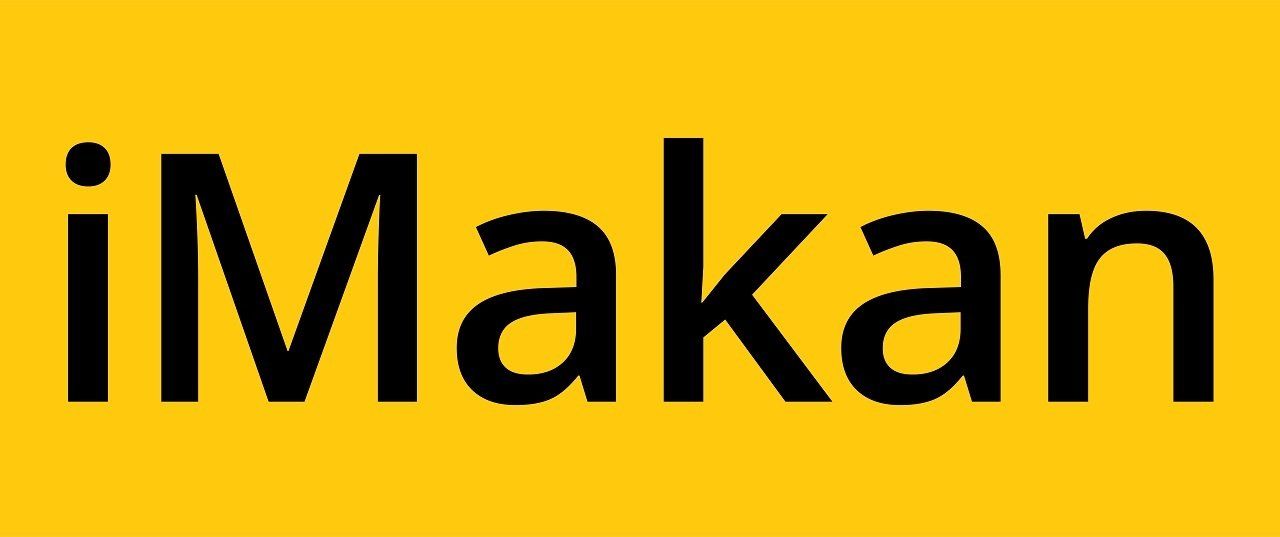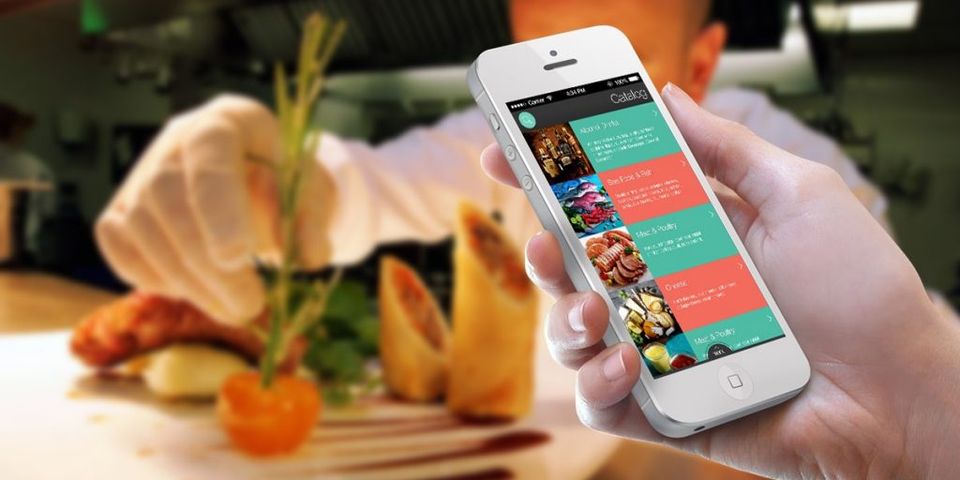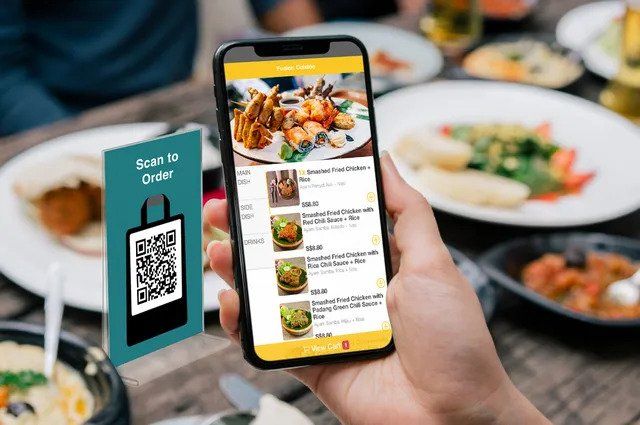Self ordering solution like QR mobile order via phones, self-ordering tablets and kiosks are showing up in shopping malls and restaurants by the street around Singapore, and the increase in popularity isn’t slowing down. Think Mcdonald's and Swee Choon Tim Sum.
There have always been some lingering concerns surrounding these self ordering systems. Will these systems reduce the jobs available for humans? Will there be less human interaction between people making the world a cold place? Or will the restaurants be able to upkeep or even provide a better service to customers as they place orders by themselves?
My take on this is that self ordering systems actually value adds all parties: customers, service crew and businesses.
Mundane jobs will be replaced but skill of staff will increase
Self ordering systems will replace human jobs, especially in the area of traditional order taking which is time consuming and mundane. Traditional order taking also requires a large amount of manpower to accommodate. With fierce competition and a shortage of manpower, the introduction of this ordering system is the most viable way of staying on top. With the advances in technology, staff will feel the urge to upgrade themselves, in order to stay keeping up with the times. Thus, value adding staff.
Order taking replaced by value added conversations
Self ordering system also helps F&B businesses free up staff to have more value added interactions with customers, instead of taking orders and keying it into the POS systems. For example, staff will be able to take time to help customers understand the dishes they are interested in, gather feedback from customers or attend to their needs promptly.
Improved Customer Experiece
So, what does this mean to customers? By taking away the dependency on manpower for order taking, there will be less waiting time to place your orders. The chances of a missed order is also greatly reduced. In fact, as customers, you will be able to pre order even before reaching the dining place. Furthermore, with staff freed up from time consuming process of order taking, they will be able to attend to your requests promptly, instead of having to wait ages before a request like extra chilli is attended to.
Conclusion
The approach above is what sets huge F&B businesses and chains apart from the ones struggling to keep up. Are you ready to take your business to the next level?
For more info about self ordering solution, call us for a personal consultation at (+65) 6271 5788, or WhatsApp (+65) 9090 9692

